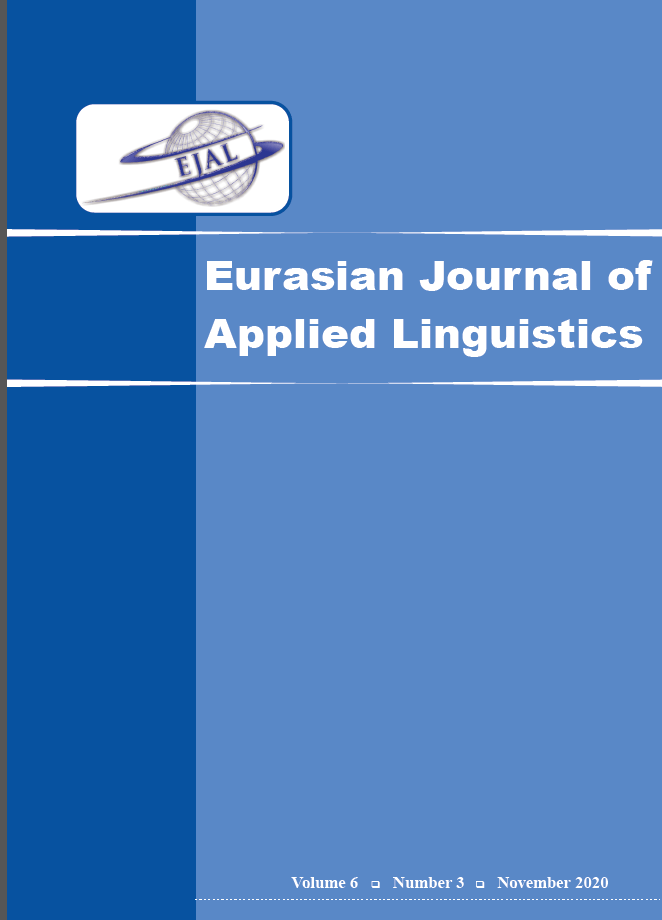Review of Innovations and Challenges in Language Learning Motivation
Seher BalbayMETUKeywords: motivation, L2 learning motivation, SLA motivation research. Abstract Innovations and Challenges in Language Learning Motivation, Zoltán Dörnyei. Routledge, NY/ USA (2020). 186 pp., Paperback: $34.99, ISBN:978-1-138-59916-1 PDF Share on facebook Share on twitter Share on linkedin Share on whatsapp Share on pinterest
Review of Innovations and Challenges in Language Learning Motivation Read More »

